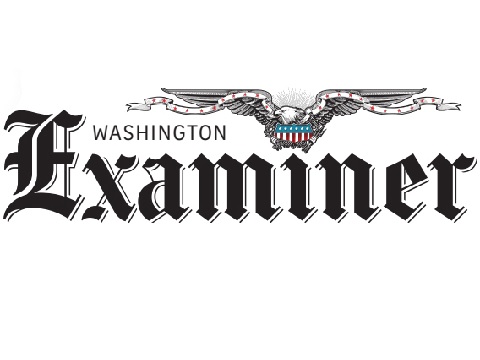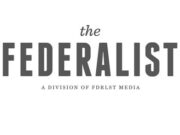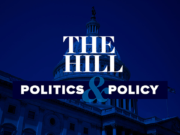This piece originally appeared in the Washington Examiner on May 29, 2023.
This month marked the 10th anniversary of the Tea Party scandal: The first public admission by then-Internal Revenue Service official Lois Lerner that the IRS had targeted conservative groups due to their political views.
The revelation that the IRS discriminated against organizations with words such as “patriot” or “Tea Party” in their names caused an appropriate uproar in 2013. Yet a decade later, nothing has happened to correct the improper role the IRS plays as “political speech police.”
While the Lerner scandal was an egregious example of political bias in a federal agency, it is hardly unique.
We’ve all read the headlines. IRS whistleblower alleges interference in the Hunter Biden investigation. House committees reveal CIA personnel may have strategically discredited the 2020 Biden laptop story. The Durham report sharply criticizes the FBI’s “Russiagate” conduct. These and other ongoing stories illustrate that partisan pressure can influence federal agencies to protect the powerful, shape elections, or negatively affect everyday Americans simply for exercising free speech rights.
The latter was the case in the Lerner scandal. But why is a revenue collection agency making decisions about Americans’ political speech? To answer this question, we look at the roles played by both the Federal Election Commission and the federal courts.
Congress created the FEC in 1975 to administer and enforce federal campaign finance laws. It is an independent agency with a bipartisan makeup — no more than three of the six commissioners can come from any one political party, and a bipartisan vote of at least four commissioners is necessary to take most investigatory and enforcement actions.
Although FEC enforcement has been far from perfect, the agency’s evenly balanced, bipartisan structure has prevented the type of partisan abuse seen in the Tea Party scandal. Furthermore, following federal court decisions, the FEC has been skeptical of expansive or novel interpretations of the law to regulate more political speech for the past quarter-century.
Those court decisions hold that, while some regulation of political speech is permissible, the First Amendment severely limits the scope of that regulation. Furthermore, the U.S. Supreme Court has held that even permissible regulation “must be guided by objective, workable standards,” allowing speakers to know what speech is covered and what is not. Specifically, the FEC may only regulate speech that “expressly advocates” the election or defeat of a candidate.
In contrast to the FEC, the head of the IRS reports to the president, with no check in place to prevent partisan enforcement. Furthermore, federal courts, not wanting to interfere with the administration of the tax system, have historically been deferential to IRS rulings. And IRS staff is generally less familiar with the Supreme Court’s jurisprudence on free speech and campaign finance than are FEC staff and commissioners. These factors have made the IRS the favored vehicle for politicians who would pursue partisan or novel legal theories of campaign regulation.
To enlist the IRS as an enforcer of restrictive campaign finance policies, partisans have sought to make nonprofit tax status depend on whether an organization refrains from speech about issues and public affairs deemed too political.
Beyond its greater susceptibility to partisan enforcement, the IRS, ignoring the Supreme Court’s concerns about vagueness , determines whether an organization is engaged in political speech by a subjective, 11-part “facts and circumstances” test.
This is so inconsistently applied that the IRS’s own revenue rulings produce conflicting results , leaving organizations uncertain about what counts as political speech. That causes groups to speak less, or not at all, and allows the IRS to favor some causes and ideologies over others — as in the Tea Party scandal.
Tasking the IRS with policing political speech is harmful from a First Amendment perspective, and it damages public trust in the impartiality of the agency, which is heavily reliant on voluntary compliance to collect taxes owed. To the extent political speech is regulated at all, the IRS should defer to the independent, bipartisan FEC.
Until and unless Congress acts to get the IRS out of the speech-policing business altogether, courts should find current IRS rules unconstitutionally vague on the same First Amendment grounds that have guided the courts when considering FEC rules.
The danger posed by partisan influence on federal agencies is clear, including the IRS’s role in policing political speech. We shouldn’t have to wait another 10 years, or for another scandal, before we act to remove the IRS from that role.














